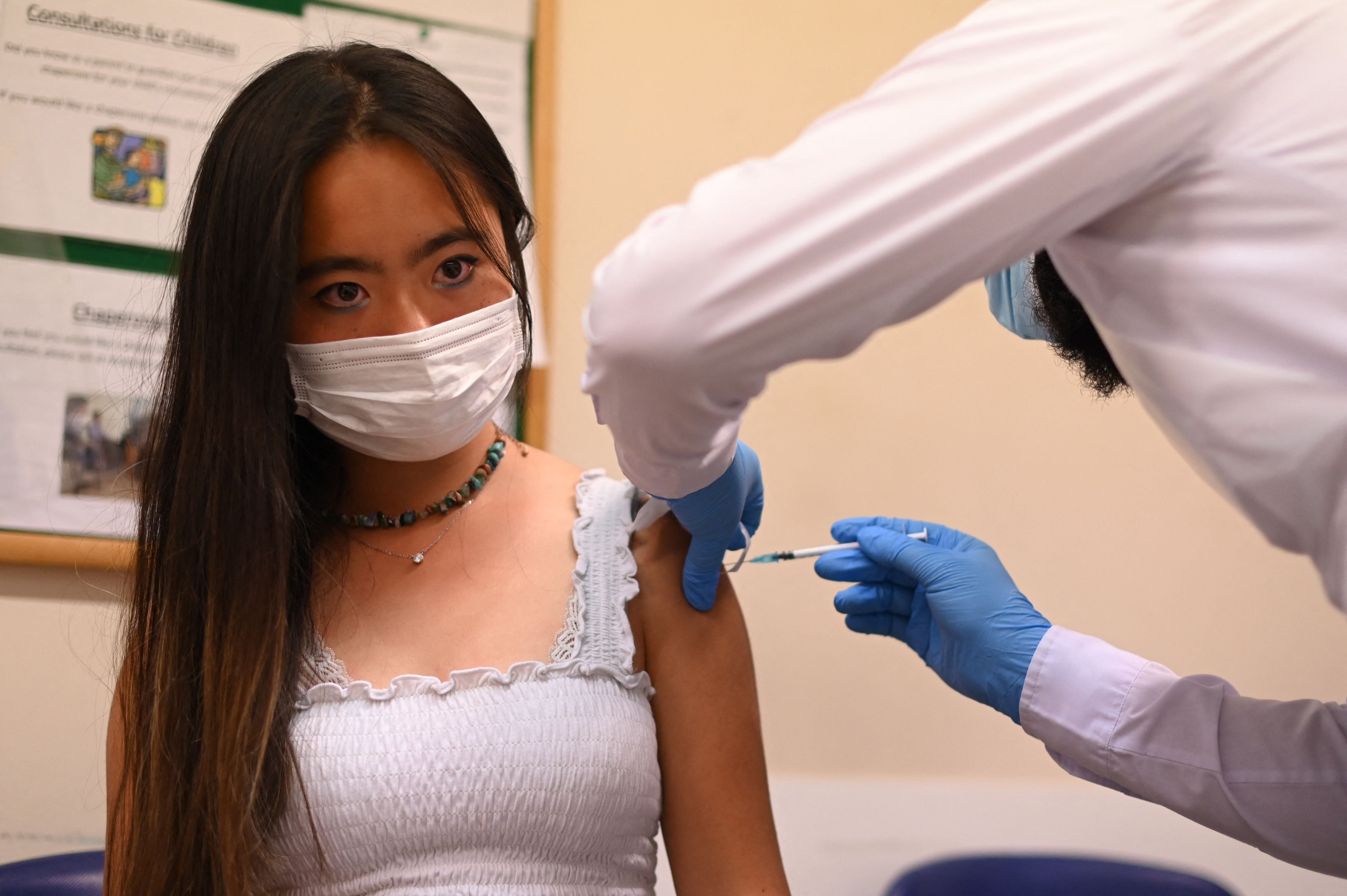Covid vaccine: Pfizer says third dose could ‘strongly’ protect against Delta variant
The findings have not been scientifically reviewed

Your support helps us to tell the story
From reproductive rights to climate change to Big Tech, The Independent is on the ground when the story is developing. Whether it's investigating the financials of Elon Musk's pro-Trump PAC or producing our latest documentary, 'The A Word', which shines a light on the American women fighting for reproductive rights, we know how important it is to parse out the facts from the messaging.
At such a critical moment in US history, we need reporters on the ground. Your donation allows us to keep sending journalists to speak to both sides of the story.
The Independent is trusted by Americans across the entire political spectrum. And unlike many other quality news outlets, we choose not to lock Americans out of our reporting and analysis with paywalls. We believe quality journalism should be available to everyone, paid for by those who can afford it.
Your support makes all the difference.The Pfizer vaccine remains strongly protective for at least six months after the second dose, according to company data – and a third dose could “strongly” boost protection against the Delta variant
The findings were revealed by Pfizer and its partner BioNTech as they announced plans to seek regulatory approval for booster jabs.
The data was posted online as part of a company presentation and has not undergone scientific review.
Updated results from the company’s original 44,000-person trial found protection against symptomatic Covid-19 dropped gradually every two months, from a peak of 96 per cent two months after participants got their second dose.
By month four, efficacy was 90 per cent, and by six months it was about 84 per cent.
The presentation also says that protection against the Delta variant was five times higher in adults aged up to 55 who got a third dose of the vaccine. For older age groups, the third dose could provide 11 times more protection against the Delta variant, it said. The claims were based on a much smaller sample.
Separately, New Zealand’s health regulator has granted provisional approval for the Oxford/AstraZeneca vaccine.
The country secured 7.6 million doses of the jab through an advance purchase agreement last year, but so far has only been using the Pfizer/BioNTech vaccine.
Associated Press contributed to this report.
Join our commenting forum
Join thought-provoking conversations, follow other Independent readers and see their replies
Comments